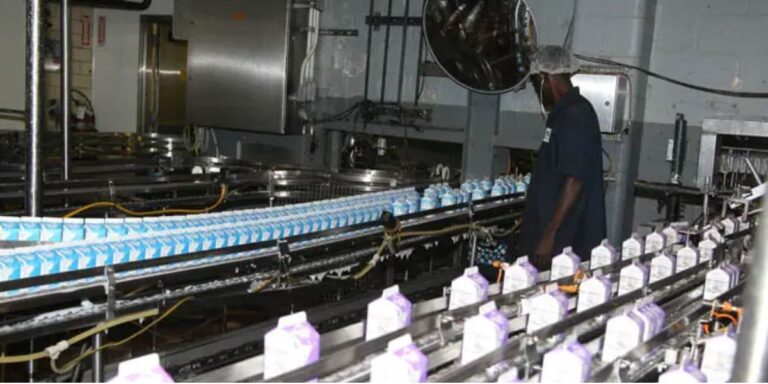In most economic situations, taking out a home equity loan might be a budget-friendly financial decision. It’s one of the few available in the April 2025 economy, though.
Among other reasons, interest rates on common options such as credit cards and personal loans are currently in the double digits due to a prolonged battle against inflation and a high federal funds rate.
Interest rates on credit cards, in instance, are currently averaging about 23%. Not only is it a record high, but as of April 2, the average rate was 8.37%, which is roughly three times the cost of a home equity loan.
Additionally, interest rates on home equity loans have been falling for the majority of 2024 as well as in 2025.
Given this dynamic, many potential borrowers may be unsure of their alternatives for home equity loans, especially because the average amount of home equity is now high.
Both the large amount of equity available for borrowing and the low, fixed-interest rate associated with the home equity loan are advantages in this case.
However, once the loan has been accepted, is it possible for that rate to change?
That’s a crucial point that homeowners might want to think about, particularly if they’re attempting to benefit from a brief decrease in rates. We’ll go into detail about what to know now below.
After approval, is it possible for the interest rate on your home equity loan to change?
To put it briefly, if you are authorized for a home equity loan, the interest rate on your loan may fluctuate.
Your rate may change and probably will until it is locked in with the lender if you did not lock it in when you were approved. However, this might not necessarily be bad.
The rate you ultimately lock in will be lower than the rate you initially obtained, so it might even work to your advantage if the home equity loan rate environment has calmed after your approval (rates fluctuate frequently).
Your home equity loan rate will probably increase as well if rates increased throughout that period.
Likewise, the rate may alter in response to changes in your borrowing profile or credit score. Thankfully, there are several ways to prevent your home equity loan rate from changing once it has been approved:
Lock it in: Have you been granted a home equity loan at a rate that you believe is reasonable? Then, before the interest rate environment has a chance to affect it in either direction, think about locking it in immediately.
Maintain a high credit score: Even if there isn’t a significant rate drop, the home equity loan rate you are offered with a lower credit score won’t be the same as the one you obtained with a high one.
Therefore, make sure you maintain good credit during the entire home equity loan approval procedure and repayment duration.
Be prepared to take action: The time between approval and home equity loan closure may be prolonged if lenders request further information or proof.
The home equity loan rate you were originally authorized for may alter as a result of that delay, so be ready to reply to requests for information and supporting documentation as soon as possible to prevent this situation.
Remember to include HELOCs.
Pursuing a home equity line of credit (HELOC) rather than a home equity loan right now may be advantageous even if a constantly fluctuating interest rate may appear dangerous.
This is due to HELOCs’ variable interest rates, which are likely to fluctuate on a monthly basis for borrowers.
Now that HELOC rates have dropped by about two full percentage points since September 2024 and may drop much more in April and May, that is a significant benefit.
Therefore, it might be a good time to look into your HELOC alternatives or, at the very least, compare them to what’s offered with fixed-rate home equity loan offers if you’re fine paying a different rate and amount each month.
This information has been sourced from CBS News.







Leave a Comment